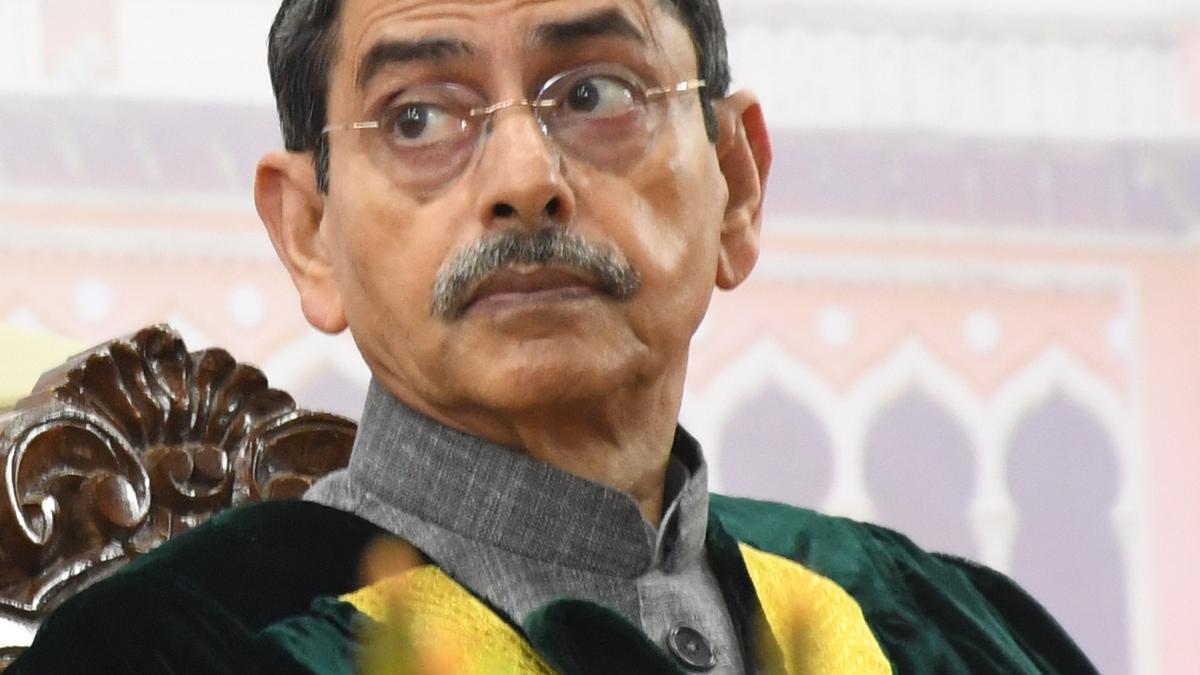Now Reading: Tamil Nadu Amends Laws of Nine Universities to Override UGC Rules: Governor
-
01
Tamil Nadu Amends Laws of Nine Universities to Override UGC Rules: Governor
Tamil Nadu Amends Laws of Nine Universities to Override UGC Rules: Governor

fast Summary
- Tamil Nadu Governor and UGC supported a petitioner in the Supreme Court opposing amendments by the State government that transferred the authority to appoint Vice-Chancellors (VCs) from the Governor to the State government.
- The Madras High Court earlier issued an interim stay on these amendments following arguments from petitioner advocate K. Venkatachalapathy.
- Tamil Nadu challenged this stay in the Supreme Court, which has now issued notices to all concerned parties including Union Government, UGC, and others.
- The Governor stated that Tamil Nadu’s legislative changes violated binding constitutional norms and UGC regulations.
- UGC also argued that these state amendments bypassed mandated procedures under Clause 7.3 of its 2018 Regulations for VC appointments.
- The State responded by asserting its autonomy under Entry 32 of List II in the Constitution, arguing questions around federalism and judicial practise.
Indian Opinion Analysis
The ongoing tussle reflects underlying tensions between state rights and central regulatory frameworks over higher education governance in India.While Tamil Nadu emphasizes constitutional provisions granting states control over local universities, entities like UGC stress uniform standards across states per national legislation. This case could set significant precedents regarding federal powers versus centralized educational standards under India’s constitutional structure.
Federal balance is crucial but must accompany adherence to established regulation frameworks governing quality assurance in educational institutions. Both sides’ positions underscore broader debates on autonomy versus standardization-highlighting how conflicts may evolve within India’s decentralized governance model for education institutions.
Read More: https://www.thehindu.com/news/national/west-bengal/






















